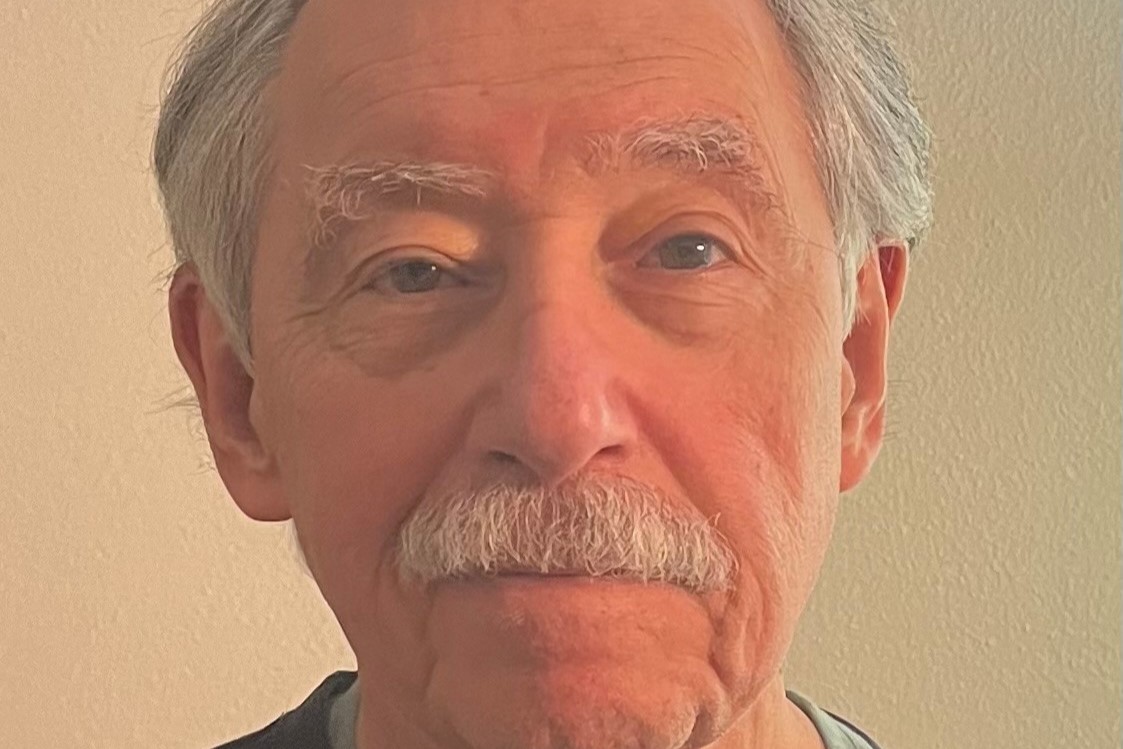- Diseases
- Acoustic Neuroma (14)
- Adrenal Gland Tumor (24)
- Anal Cancer (68)
- Anemia (2)
- Appendix Cancer (16)
- Bile Duct Cancer (26)
- Bladder Cancer (72)
- Brain Metastases (28)
- Brain Tumor (232)
- Breast Cancer (714)
- Breast Implant-Associated Anaplastic Large Cell Lymphoma (2)
- Cancer of Unknown Primary (4)
- Carcinoid Tumor (8)
- Cervical Cancer (158)
- Colon Cancer (166)
- Colorectal Cancer (116)
- Endocrine Tumor (4)
- Esophageal Cancer (44)
- Eye Cancer (36)
- Fallopian Tube Cancer (8)
- Germ Cell Tumor (4)
- Gestational Trophoblastic Disease (2)
- Head and Neck Cancer (12)
- Kidney Cancer (128)
- Leukemia (342)
- Liver Cancer (50)
- Lung Cancer (286)
- Lymphoma (278)
- Mesothelioma (14)
- Metastasis (30)
- Multiple Myeloma (100)
- Myelodysplastic Syndrome (60)
- Myeloproliferative Neoplasm (4)
- Neuroendocrine Tumors (16)
- Oral Cancer (100)
- Ovarian Cancer (172)
- Pancreatic Cancer (160)
- Parathyroid Disease (2)
- Penile Cancer (14)
- Pituitary Tumor (6)
- Prostate Cancer (146)
- Rectal Cancer (58)
- Renal Medullary Carcinoma (6)
- Salivary Gland Cancer (14)
- Sarcoma (238)
- Skin Cancer (296)
- Skull Base Tumors (56)
- Spinal Tumor (12)
- Stomach Cancer (64)
- Testicular Cancer (28)
- Throat Cancer (92)
- Thymoma (6)
- Thyroid Cancer (96)
- Tonsil Cancer (30)
- Uterine Cancer (80)
- Vaginal Cancer (16)
- Vulvar Cancer (20)
- Cancer Topic
- Adolescent and Young Adult Cancer Issues (20)
- Advance Care Planning (10)
- Biostatistics (2)
- Blood Donation (18)
- Bone Health (8)
- COVID-19 (362)
- Cancer Recurrence (120)
- Childhood Cancer Issues (120)
- Clinical Trials (630)
- Complementary Integrative Medicine (22)
- Cytogenetics (2)
- DNA Methylation (4)
- Diagnosis (232)
- Epigenetics (6)
- Fertility (62)
- Follow-up Guidelines (2)
- Health Disparities (14)
- Hereditary Cancer Syndromes (126)
- Immunology (18)
- Li-Fraumeni Syndrome (8)
- Mental Health (116)
- Molecular Diagnostics (8)
- Pain Management (62)
- Palliative Care (8)
- Pathology (10)
- Physical Therapy (18)
- Pregnancy (18)
- Prevention (914)
- Research (392)
- Second Opinion (74)
- Sexuality (16)
- Side Effects (604)
- Sleep Disorders (10)
- Stem Cell Transplantation Cellular Therapy (216)
- Support (402)
- Survivorship (320)
- Symptoms (182)
- Treatment (1786)
Practicing internist: Why I recommend MD Anderson for prostate cancer treatment
3 minute read | Published May 25, 2021
Medically Reviewed | Last reviewed by an MD Anderson Cancer Center medical professional on May 25, 2021
As an internist with my own practice, I’ve been referring my patients to MD Anderson Proton Therapy Center for many years when they are faced with a prostate cancer diagnosis. I did not know that one day, I’d become a patient there myself.
I’ve kept a close eye on my own prostate-specific antigen (PSA) levels through the years since I know how important it is. So, I scheduled a biopsy right away when my PSA was a 6 at my annual screening in 2018. That’s when I was diagnosed with low-risk prostate cancer. I made the decision to be put on active surveillance and closely monitored for changes in my cancer.
In 2019, a second biopsy performed at my local hospital indicated a higher risk Gleason score. I decided to have my biopsies sent to MD Anderson to pursue treatment. After my radiation oncologist Seungteak Choi, M.D. reviewed my case, he recommended I remain on active surveillance.
My prostate cancer treatment at MD Anderson
In September 2020, I had a third biopsy done at MD Anderson, which showed a more aggressive tumor. Dr. Choi called to schedule me for treatment right away. On Oct. 2, I received my first Lupro hormone therapy injection. Three months later, I received a second injection.
Within six weeks of my first Lupron injection, my testosterone levels dramatically decreased. This meant I could start radiation therapy sooner. On Dec. 9, 2020, I was able to start my 40 proton therapy treatments.
I’ve always been a high-energy person. So, the fatigue I experienced during treatment was noticeable. I also experienced urinary urgency. But I was able to continue working full time and see my patients at my practice. I would go to treatment in the morning and see my patients in the afternoon.
Gratitude for my MD Anderson experience
I’m thankful that I was able to become Dr. Choi’s patient. He is so kind, gentle and professional. As a physician, I understand what goes into ensuring patients receive quality care. That’s why I can say that I had an incredible experience at the MD Anderson Proton Therapy Center. I fell in love with the staff. Everyone I encountered was concerned about my safety and comfort level. I have been a patient at other hospitals, and I cannot begin to describe how wonderful the staff at MD Anderson were to me.
Another benefit of being a patient at MD Anderson is the option to have procedures, screenings and follow-up appointments at one of several MD Anderson locations around the Greater Houston area. This enables patients to receive comprehensive cancer care close to home and work without commuting to the Texas Medical Center each day.
An advocate for MD Anderson Proton Therapy Center
Shortly after I started prostate cancer treatment, I ran into one of my patients that I had referred to MD Anderson. We were both going through proton therapy at the same time and had a good laugh that I was there checking up on him! I also made friends with several fellow patients whom I intend to contact in the future.
I will keep encouraging my patients to be diligent with their prostate cancer screenings and will continue to refer my patients with prostate cancer to MD Anderson. After being a patient there, I know there's no place better for prostate cancer treatment.
Request an appointment at MD Anderson online or by calling 1-877-632-6789.
Related Cancerwise Stories

Everyone I encountered was concerned about my safety and comfort level.
Howard Dillard, M.D.
Survivor





